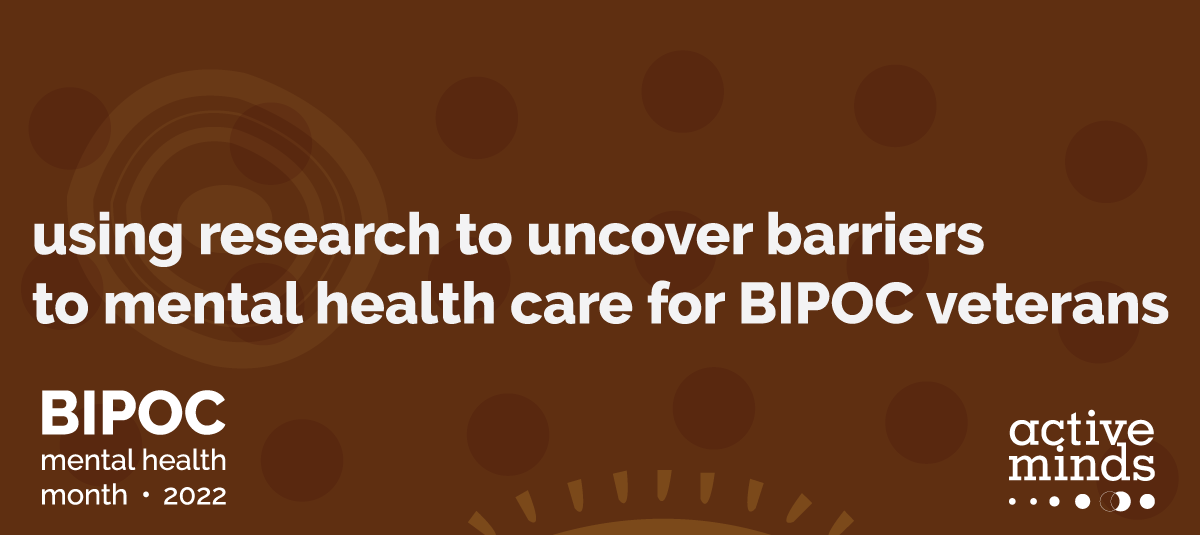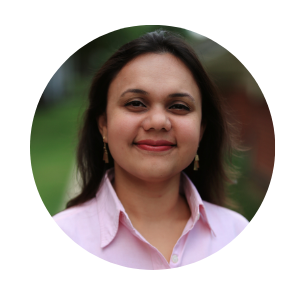Content Warning: This piece contains mentions of suicide statistics.
As a child growing up in India, I always considered my family my number one support system. I never realized that I needed more than they were capable of providing until I was in crisis.
My mental health became increasingly complicated as I entered my teenage years. I realized then that I did not have the appropriate coping skills to deal with stressful events. Everything from being in a competitive school environment to coping with attempted sexual assaults left me feeling isolated, irritated, frustrated, violated, and helpless. I had never heard of people using psychological counseling services for mental health, nor was I aware of the resources available. I didn’t feel my support system at the time could help me in the way I needed. I felt stuck.
Over the years, through exploration on my own, conversations with those around me, and research into what was available to me, I worked to create a more robust support system that helped me overcome mental health challenges and cope with stress throughout college and work. I know many young adults with similar experiences as me can have trouble seeking help or identifying the need for help. I have always had a strong urge to improve the health needs of people who need it most. In the current public health and economic state of crisis, one of the most significant needs for our population is mental and behavioral health resources. The question then became, how could I contribute to the field of research currently working to create these much-needed tools and supports for those most often forgotten or ignored by the institutions around us?
My answer was and is the Active Minds Emerging Scholars Fellowship – a semester of funded mental health research focused on Black, Indigenous, and People of Color (BIPOC) communities, created with support from the Scattergood Foundation for Behavioral Health and Avi and Sandra Nash. Each fellow is given immense freedom to choose their area of research. For my project, I chose to focus on service members and veterans from minority populations who have not historically been well-represented in mental health research. College-aged veterans face traumatic stress from their service in the military as well as while transitioning back to civilian life. Their invisible mental health wounds often go undiagnosed, thus increasing their risk of dying by suicide. Like me, they don’t always know what’s available to help them, leading to feelings of isolation and increased stress.
My project allowed me to work with Active Minds and Scattergood Foundation as I explored my research goals. I sought to answer three questions:
- Do BIPOC college-aged veterans know about available services they may be eligible for?
- Do BIPOC college-aged veterans have a stigma or negative attitude toward seeking mental health services?
- Does this subpopulation face any challenges in seeking or accessing post-traumatic stress care?
When I performed my initial literature review for this project, I realized that data utilized for published studies were often five to ten years old! This was just one example of how the data on people with these identities regarding mental health was lacking, and how I could help supplement the gap through my work. So, to best understand the experiences of BIPOC veterans in the current environment, I decided to conduct a survey. In this survey, college-aged BIPOC veterans were asked to share their demographic information, knowledge, and experience accessing mental health services for post-traumatic stress to provide much-needed insight into where we can better support these groups of individuals.
Like with many research projects, this semester of work left me not only with key findings but with further questions to explore. I found that most respondents were educated about their post-traumatic stress care. Additionally, I learned that 11 out of 24 eligible respondents stated they sought mental health services at community health clinics rather than Veterans Affairs (VA) clinics. This finding might be due to a negative perception of seeking mental health services at VA clinics or difficulty finding appointments, among other reasons. The reason why Veterans Affairs clinics are not being as utilized as other clinics will be key in learning how to better promote mental health resources and support to college-aged BIPOC veterans.
Although the survey reached the intended population, it is important to note that this small sample of participants may not be sufficient to derive a conclusion. As part of my doctoral studies, I will explore factors contributing to accessibility issues. I also intend to learn more about strategies and resources that may reduce barriers to accessing mental healthcare among college-aged BIPOC veterans.
This pilot project has made me realize that much more work is needed to improve the perception of mental health disorders to reduce barriers to care for BIPOC veterans in the United States. As we continue to work to reduce mental health stigma as a whole, we must also be intentional about how we address barriers, both personally and institutionally, to receiving appropriate care for historically oppressed and forgotten communities, including college-aged BIPOC veterans.




